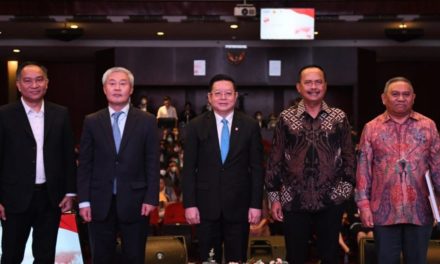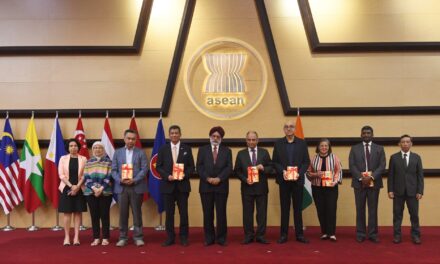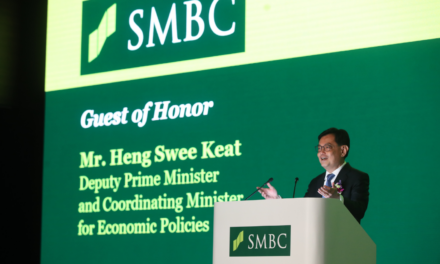As the world grapples with the pressing issues of climate change, economic development, and social equality, nations are recognizing the intertwined nature of these challenges. Sustainability is no longer just about the environment; it encompasses economic resilience, technological advancements, and social justice, particularly gender equality. Recent global meetings, such as those within ASEAN, the G20, and the United Nations, have highlighted the importance of cohesive strategies that tackle climate change while promoting inclusivity.
In October 2024, ASEAN and China substantially concluded the ASEAN-China Free Trade Area (ACFTA) 3.0 upgrade negotiations. The agreement, set to enhance cooperation in areas such as the green economy, supply chain connectivity, and digital trade, demonstrates a progressive approach to sustainability and resilience. As both regions slowly recover from global challenges, this collaboration ensures businesses—especially small and medium enterprises (SMEs)—can leverage new opportunities in the digital and green sectors. The focus on transparency, consumer protection, and technical cooperation highlights the growing need to align economic development with environmental stewardship.

Simultaneously, Singapore is at the forefront of climate diplomacy, as demonstrated by its participation in the G20 Environment and Climate Sustainability Ministerial Meeting in Brazil. Senior Minister of State Dr. Amy Khor emphasised Singapore’s commitment to fostering bilateral cooperation on environmental issues and sustainable practices. Such international engagements reflect a growing global consensus: tackling climate change requires cohesive, cross-border action. As nations adopt sustainability declarations and carbon reduction targets, Singapore’s involvement in these conversations underscores its pivotal role in driving climate action in the Asia-Pacific.

One of the critical areas in which sustainability intersects with socioeconomic development is through carbon credit cooperation. Singapore’s recent partnership with Ghana to launch carbon credit projects under Article 6 of the Paris Agreement provides a tangible example of how climate action can spur economic benefits, particularly for developing countries. These projects not only
reduce emissions but also promote job creation, energy security, and public health improvements—illustrating the multifaceted advantages of sustainability-driven initiatives. Moreover, this cooperation positions Singapore as a leader in carbon markets, advancing international frameworks that incentivize emissions reduction.

Gender equality, too, plays a significant role in these global efforts. Climate change disproportionately affects women, particularly in vulnerable communities where access to resources is limited. Therefore, sustainable development strategies must incorporate gender-sensitive policies. By ensuring that women have access to resources, education, and leadership opportunities, nations can build more resilient communities. Singapore’s engagement at the UN Climate Week, led by Minister Grace Fu, further emphasized the need for inclusive climate policies, recognizing that gender equality is a cornerstone of sustainable development.

















